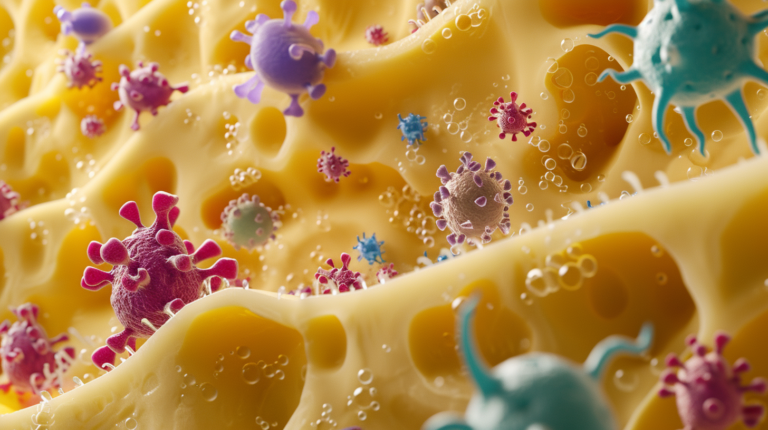In a world where health consciousness often equates to a vegetable-rich diet, it’s crucial to explore a seldom-discussed aspect of these natural foods. At Organic Oasis, we advocate for a diet that aligns with human evolutionary needs, focusing on animal-based, unprocessed foods. This blog delves into why some vegetables may not be as benign as they seem, examining their natural defense mechanisms, the bioavailability of their nutrients, and how to make them more edible.

1. Probiotic Properties and Digestive Health
Incorporating raw cheese into your diet can significantly benefit your digestive health due to its rich probiotic content. Fermented milk products like raw cheese are teeming with beneficial lactic acid bacteria. These probiotics play a crucial role in gut health, aiding in digestion and bolstering the immune system. A study by Kavas et al. (2020) highlighted the presence of microencapsulated probiotic bacteria in goat cheese, emphasizing its positive effects on the stomach and bowel systems. These probiotics are not only vital for maintaining a balanced gut microbiome but also enhance the body’s immune response, making raw cheese a nutritious addition to any diet. Discover more about the benefits of raw dairy here.
2. Nutrient Density and Quality
Raw cheese stands out for its high nutrient content, surpassing that of cheeses made from pasteurized milk. Goat and sheep milk cheeses, in particular, are noted for their richness in essential vitamins, minerals, proteins, and fats. According to Djebli, Ameur, and Gaouar (2020), goat milk cheese contains more vitamins and yields a higher cheese quality compared to cow’s milk. Similarly, Nguyen (2022) found that sheep milk contains higher concentrations of proteins, fats, minerals, and vitamins than cow’s and goat’s milk, making sheep milk cheese an ideal source of nutrition. This nutrient-dense nature of raw cheese provides an array of health benefits, including improved bone health, enhanced muscle function, and a boost in overall vitality. Learn more about these differences here.


3. Microbial Diversity and Health Benefits
The diverse microbiota in traditional, raw milk cheeses contribute not just to their unique flavors but also to various health benefits. Montel et al. (2014) demonstrated that raw milk cheese has more than 400 species of bacteria, yeasts, and molds, contributing to its rich sensory profile and potential health advantages. This microbial diversity plays a role in combating pathogens, thus enhancing the safety and health benefits of the cheese. Moreover, these microorganisms may have a probiotic effect, contributing to a healthier gut microbiome, which is essential for effective digestion and absorption of nutrients. Find out more about essential organic foods, including raw cheese, here.
In summary, the nutritional advantages of including raw cheese in your diet are manifold. From enhancing digestive health through its probiotic properties, providing a dense array of essential nutrients, to offering a rich microbial diversity with associated health benefits, raw cheese stands as a powerhouse of nutrition. Embracing raw cheese in your meals can significantly contribute to a balanced and healthful diet.